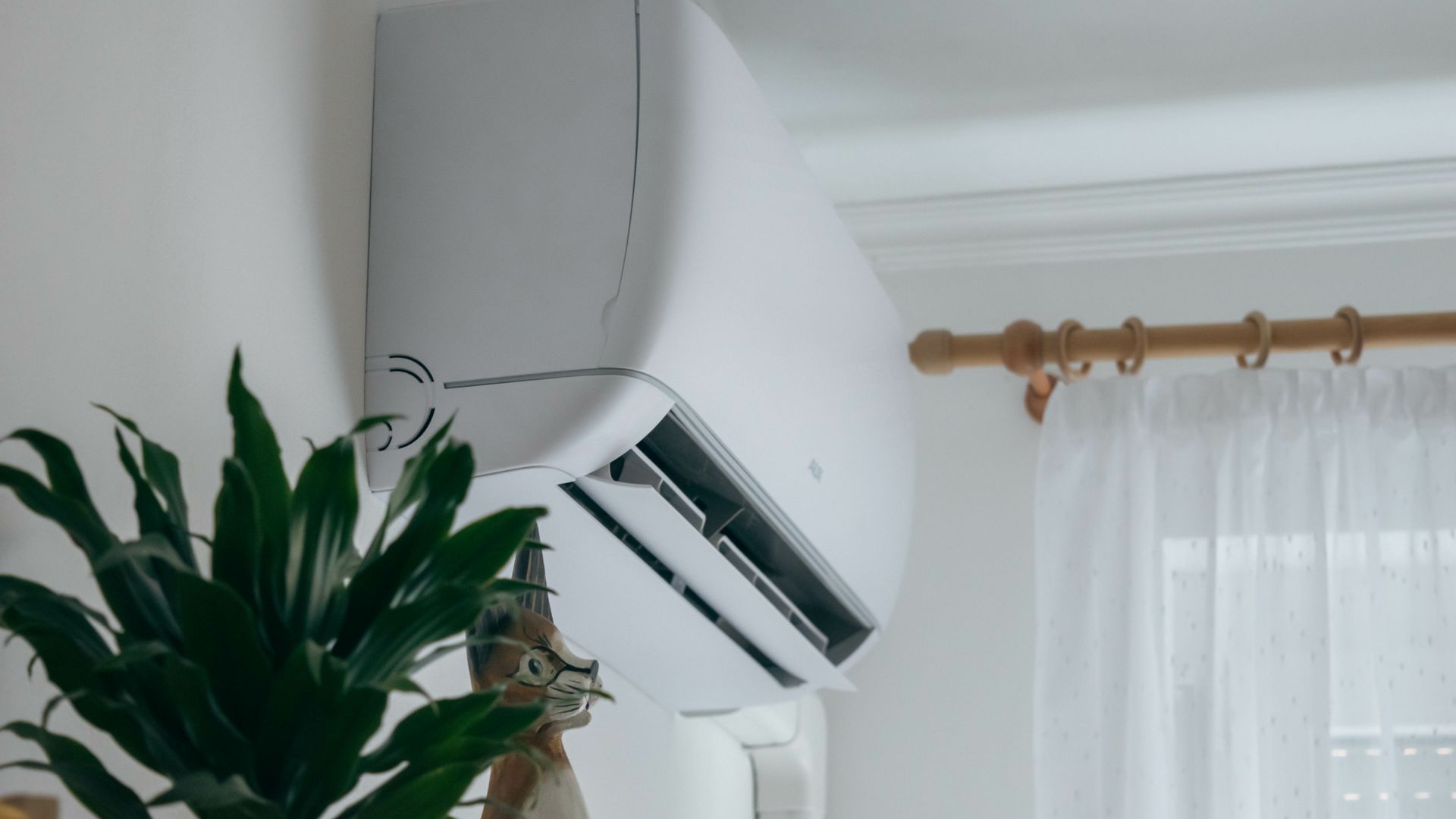Many people are surprised to learn that storage tank water heaters only last about 10 years on average (whereas tankless models last more than 20). If your water heater has joined the “10-year” club, it probably isn’t performing as efficiently as it once did and has its share of problems. While the unit may continue to run for a little while longer, if it’s showing any of the signs below, it’s time to let your water heater enter its well-deserved retirement.
1. Rusty, Cloudy, or Smelly Hot Water
When the lining wears off of the inside of your water heater's tank, the metal walls start to rust. Once this occurs, the corroded bits can flake off and end up in your water, giving it a rusty, cloudy look and a metallic odor. While discolored water can also indicate a problem with your home's water supply pipes or water main line, if there's only a problem with the hot water, there's most likely a corrosion issue with your water heater.
2. Water On or Around the Unit
Water heater leaks can start discreetly and may not appear to be urgent at first glance. Leaks in aging water heaters can form when the tank wall corrodes enough for a hole to form. The gap might not even leak constantly and may open and close throughout the day as the tank expands and contracts, depending on how hot it is.
The trouble is that there's no way of knowing how big that leak will get--or how quickly. Continuous expanding and contracting will further weaken your water heater's already brittle walls and make the hole widen. One thing is sure: once a water heater's tank has started rusting, there is no way to reverse the damage.
3. Banging, Rumbling, or Knocking Noises
According to the U.S. Department of Energy, flushing your tank water heater should be part of the unit's regular maintenance. This practice reduces sediment buildup inside the tank.
If you hear banging, rumbling, or knocking noises coming from inside your water heater, there is a hard layer of sediment coating the bottom of the tank. This soil and mineral buildup reduces your water heater's efficiency and capacity. What's more, it forces your water heater to spend more time heating water, and that additional heating time makes the walls weaker and more brittle faster. Ultimately, this can result in one or many leaks.
Call Jackson Plumbing, Heating & Cooling today at (256) 304-8883 for all of your water heater service needs. From new water heater installations to repairs, we do it all!

